UK to rival EU's Galileo space project by own satellite system
Britain is considering setting up a satellite navigation system as a rival to the EU’s €10bn Galileo project after being shut out of key elements of the program, a report says.
This comes amid an escalating row with Brussels over whether London can be trusted with Europe’s most sensitive security information after Brexit, The Financial Times reported on Wednesday.
Britain's business minister Greg Clark was taking legal advice on whether the UK can reclaim the €1.4 billion it has invested in Galileo since its start in 2003, according to the report.
This is the first consequence of Brexit which has resulted in UK ministers weighing a negotiating strategy to keep its role in the program as without participation in EU projects, the country’s ability to become a leader in the global space race would be undermined.
“We have made it clear we do not accept the commission’s position on Galileo, which could seriously damage mutually beneficial collaboration on security and defense matters,” Clark said. “Given the UK’s integral role in the program, any such exclusion could cause years of delays and a cost increase stretching into the billions.”
In response, Britain plans to block the approval of procurement for the next batch of Galileo satellites, designed to rival the Pentagon’s GPS system, at a Berlin meeting of the European Space Agency council on Wednesday.
The plan, however, must be approved unanimously by ESA member states after a previous vote was postponed in March.
A British official said that the UK “will vote against” it, if the vote went ahead.
Michel Barnier, the EU’s chief Brexit negotiator, has said the Galileo project “needs to be prepared for Brexit,” noting, “The EU cannot share security-relevant proprietary information with countries outside the EU.”
Brussels has decided to exclude UK companies from involvement in developing its sensitive infrastructure, but the EU insists the UK's use of the highly-encrypted part of the Galileo system is open to negotiation.
“There are of course ways Galileo can co-operate with third countries and these are open to the UK as well,” said Barnier.
Occupation of Syria’s highest peak Mount Hermon part of ‘Greater Israel’ project
Iran: Syrian people will decide their future without foreign interference
IRGC says Iran’s power exceeds borders, warns enemies to adjust themselves
Dozens detained, several wounded in Israeli raids in West Bank
‘Ethnic cleansing’: Hamas blasts Israeli attacks on Gaza hospital amid intl. silence
Saudi delegation meets HTS leader at presidential palace in Damascus
Relentless Israeli ceasefire violations justify need for self-defense: Lebanese MP
Tel Aviv tells Damascus Israeli forces will remain in occupied territory: Report


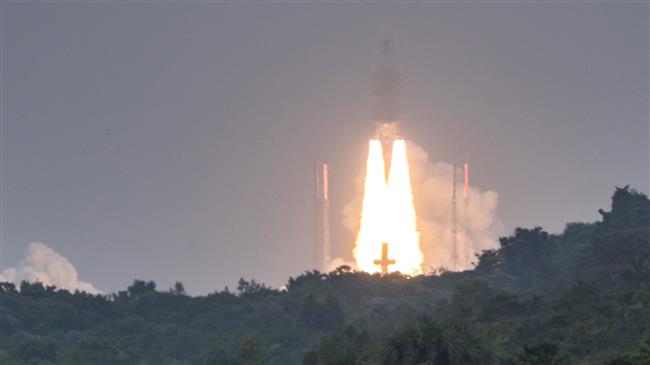


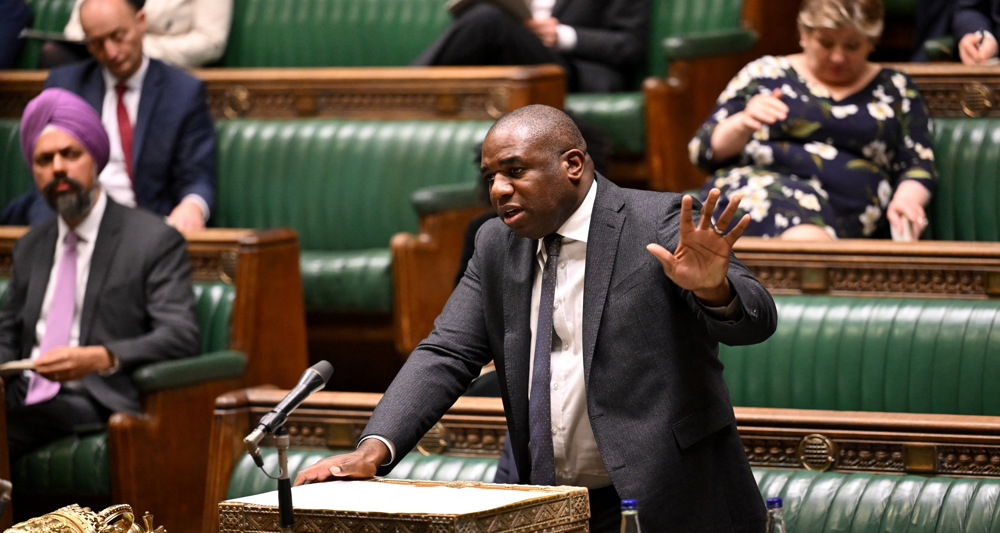



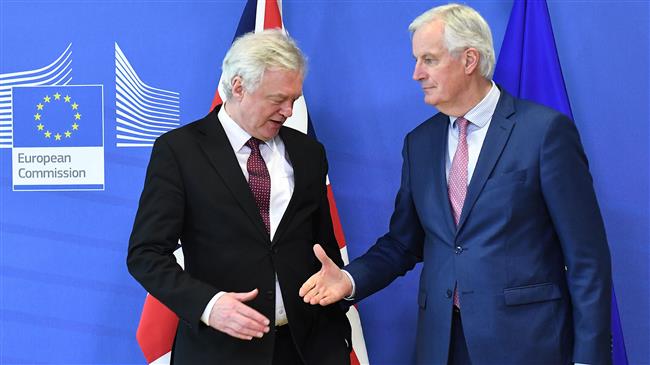
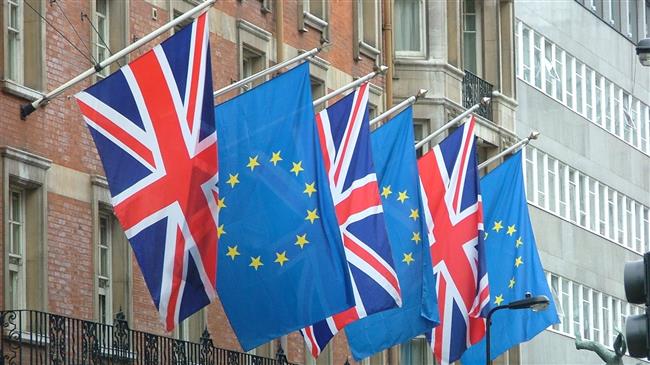
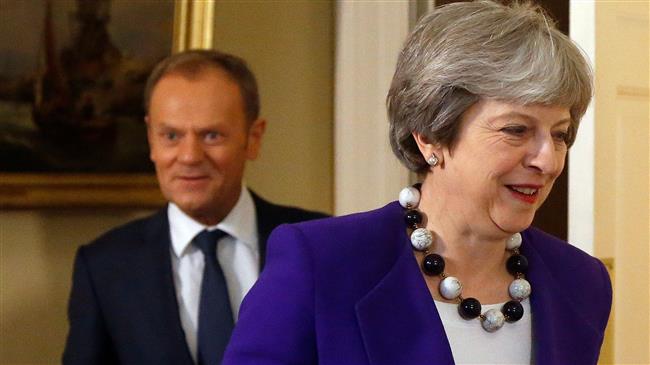

 This makes it easy to access the Press TV website
This makes it easy to access the Press TV website